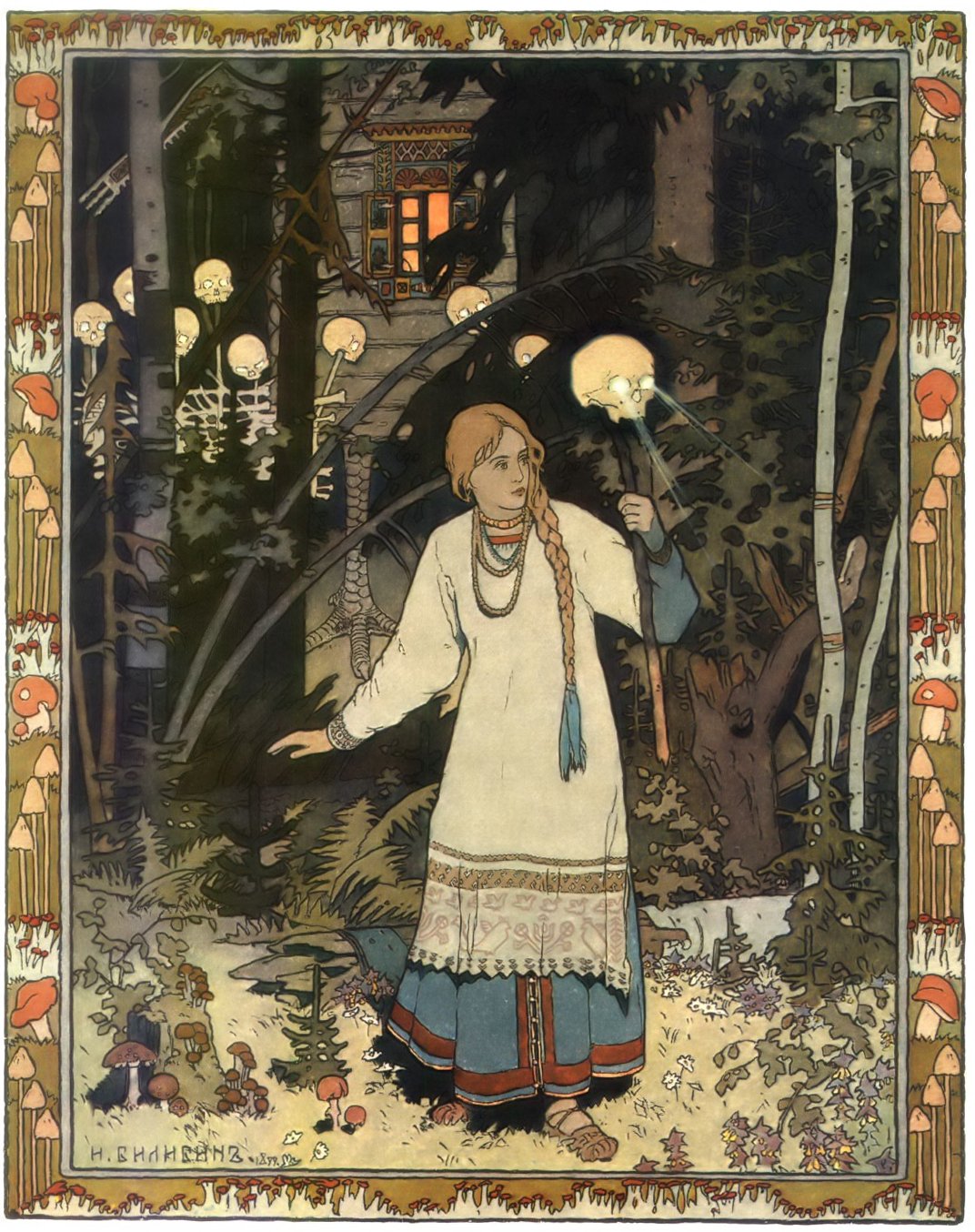Fairy tale adaptations are all the rage these days. Some of them are stellar, some of them are decent, and some of them are... boring, I guess. But whatever the case, here is something that not many people talk about: Adapting fairy tales (especially if they are also folktales - not all of them are!) is a tricky issue. Many people just automatically assume that folktales are in the public domain - therefore there is no copyright to consider, or intellectual property to tread on. However, when working with traditional stories -
especially if they are from a culture other than your own - is a lot more complicated than it sounds.
Here are 5 tips to keep in mind if you work with fairy tales:
Make sure it is actually a folktale
Not all fairy tales are folklore. Some of them are literary. These might look like a folktale, but they still fall under copyright and intellectual property rules. This becomes especially tricky when some authors write "fakelore" - publish their own work under the title "folktale" (or, ironically, "original folktale"). In other cases they might publish folktales that are real, but publish them in their
own version, re-written, re-told or adapted.
This is not only important because you might get in trouble for copyright infringement. You might also be unwittingly propagating false information on the traditions and culture of a certain group of people.
How to avoid: It is useful to look for the same story in other sources. Sometimes you have to approach the author to ask. Good thing we have social media.
Check on a culture's actual stories before you make up new ones
Attributing a fake "folktale" or "legend" to a foreign culture is a huge literary
faux pas - especially in the case of indigenous and marginalized groups. This was one of the main problems people brought up about the
Twilight series - the author took an indigenous nation, and made up legends that don't actually exist in their tradition. Since most people had never heard about the Quileute before the books/movies came out, they automatically believed that those stories were real "Indian folklore."
How to avoid: If you are featuring an existing culture in your work,
do your homework. Go the extra mile. Read their stories. Maybe you'll find more useful things than you thought.
With that said...
Make sure you are not committing cultural appropriation
Not all folktales are up for grabs. They might not be protected by copyright law, but that doesn't mean you are not being offensive, inconsiderate, or hurtful towards the community that claims them and keeps them alive. Don't assume that finding an indigenous folktale in a written collection automatically means they
wanted it to be out there.
How to avoid: Be respectful. Educate yourself about cultural appropriation. Ask.
Make sure you are not promoting stereotypes
Even if certain folktales are okay to use and adapt - make sure you are using them the right way. Selecting certain stories to represent certain cultures (especially if those cultures are not generally well known) puts you in danger of upholding a
Single Story.
How to avoid: Read more stories from the same tradition. See if you can present a more diverse picture.
Note your sources
This is more of a courtesy than a necessity: I personally
love reading about the original sources of folktales and fairy tales people use. I will be eternally grateful if you note them in your Introduction, or Afterwords, or... wherever. In addition, if you are working with less well known tales from other cultural groups, is is courteous to point people in the direction of your sources, in case they want to find out more, and educate themselves about the oral traditions of the world.
Do you like fairy tale adaptations? Do you write them? Let me know what you think!






